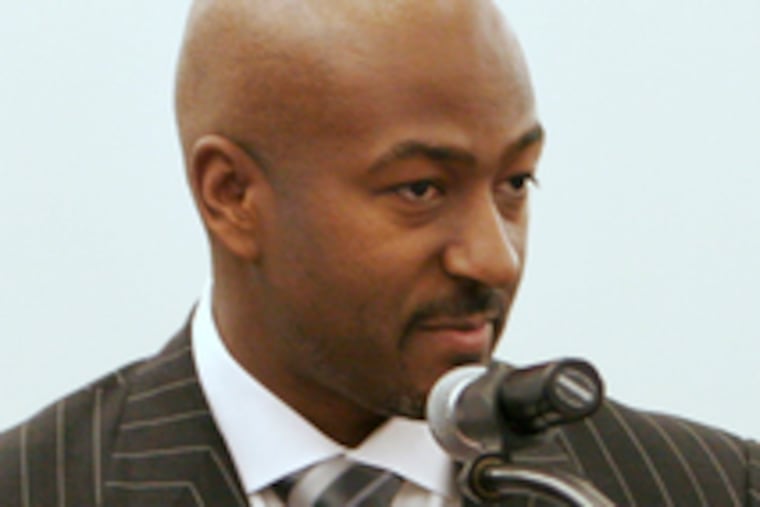More oversight for charter schools
City reform commission creates task force to study big picture.

After weeks of discussion, the Philadelphia School Reform Commission approved a policy yesterday that increases oversight of the city's 61 charter schools.
But in response to concerns from charter operators that the district was trying to micromanage their schools, the commission also established a charter task force.
The task force, which will include charter operators, parents and city officials, will study the schools' academic programs, costs and facilities, and consider ways in which the district can assist them. The group is scheduled to report its findings to the commission by the end of April.
Commission Chairwoman Sandra Dungee Glenn said the group would be asked to "take a much more comprehensive, long-term look at the appropriate procedures, policies and structure of our charter school relationship."
She said the commission likely would make revisions to its new charter policy based on the findings.
"This is a continuous process," she said. "This is not the end of the road, but I think it is an important step."
Commission member James Gallagher, who agreed to serve on the task force, said district administrators in Philadelphia had not been prepared to oversee charters that began opening in the city after the state law was passed in 1997.
"I believe that people in this [administration] building are learning as they go along," he said. "It's imperative we have an enhanced level of communication and become better and better at nurturing this important movement."
The oversight policy the commission adopted yesterday details how the district will evaluate new charter applications and monitor charters it has authorized.
When considering charter renewals, the policy spells out that the commission will consider the school's fiscal management and whether it is meeting academic standards of the federal No Child Left Behind law.
The new policy also gives the district the flexibility to consider new charter applications every two years instead of annually and allows the district to visit charter schools more often.
The commission postponed a vote on the proposed policy last month after some charter operators said they had not had an opportunity to review the policy.
During its regular meeting yesterday, the commission also approved the sale of the former Wanamaker School at 1111 Cecil B. Moore Ave. to a community-development arm of Bright Hope Baptist Church for $10.7 million. A large contingent of Bright Hope members attended the session in support of the purchase.
Wanamaker, closed by the district in June 2005, had been used by the city to house people displaced by Hurricane Katrina.
District officials said that the district received 10 offers for the 4.5-acre site by the Dec. 11 deadline and that Bright Hope submitted the top, responsible offer. The winning bid exceeded the estimated market value of the property. By law, Common Pleas Court must approve the sale.
The Rev. Kevin R. Johnson, the pastor, said his church would work with Goldenberg Group Inc. of Blue Bell to turn the site into "an empowerment village" that likely would include housing, retail and a charter school.
Johnson said that while his church had never been involved in such a major project before, "our faith tells us we can."
After the vote, Ken Goldenberg, president and chief executive of the development company, said a feasibility study would be completed to determine the scope of the "Brighter Hope" project.
Goldenberg said his company was "very excited to work" with Bright Hope on a project that could change the neighborhood.
Also yesterday, several students from Masterman and West Philadelphia High Schools urged the commission to push during forthcoming teacher-contract negotiations for changes in how teachers are assigned to schools.
Students from the Philadelphia Student Union said they wanted the district to negotiate incentives that would attract qualified, experienced teachers to the district's most difficult, hard-to-staff schools. Now, students say, those schools have the least-experienced teachers because the seniority system allows seasoned teachers to transfer to other schools, including magnets.
"We are not saying a lot . . . but we are listening," Dungee Glenn told the students. "These issues are on our radar screen."